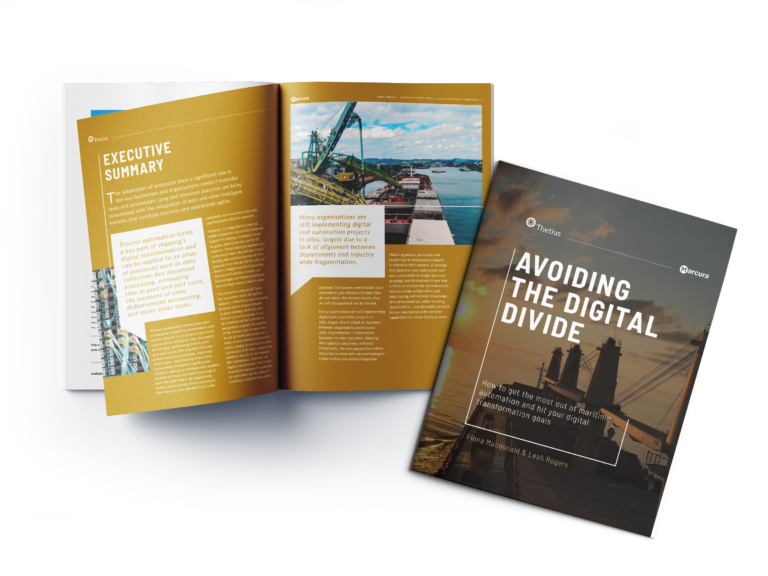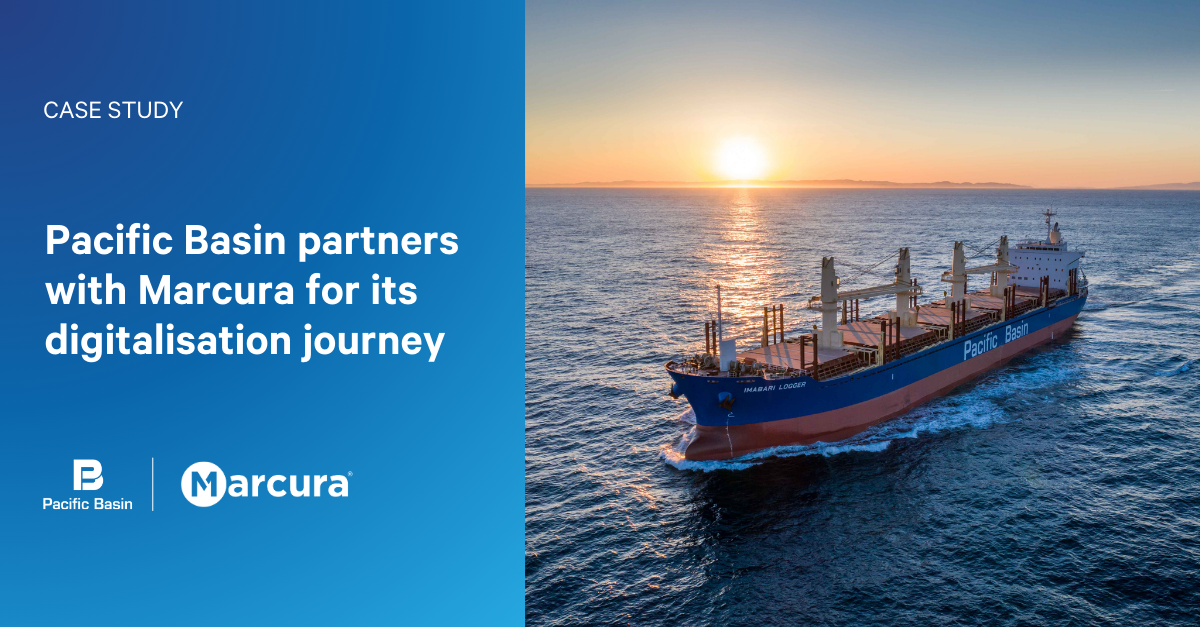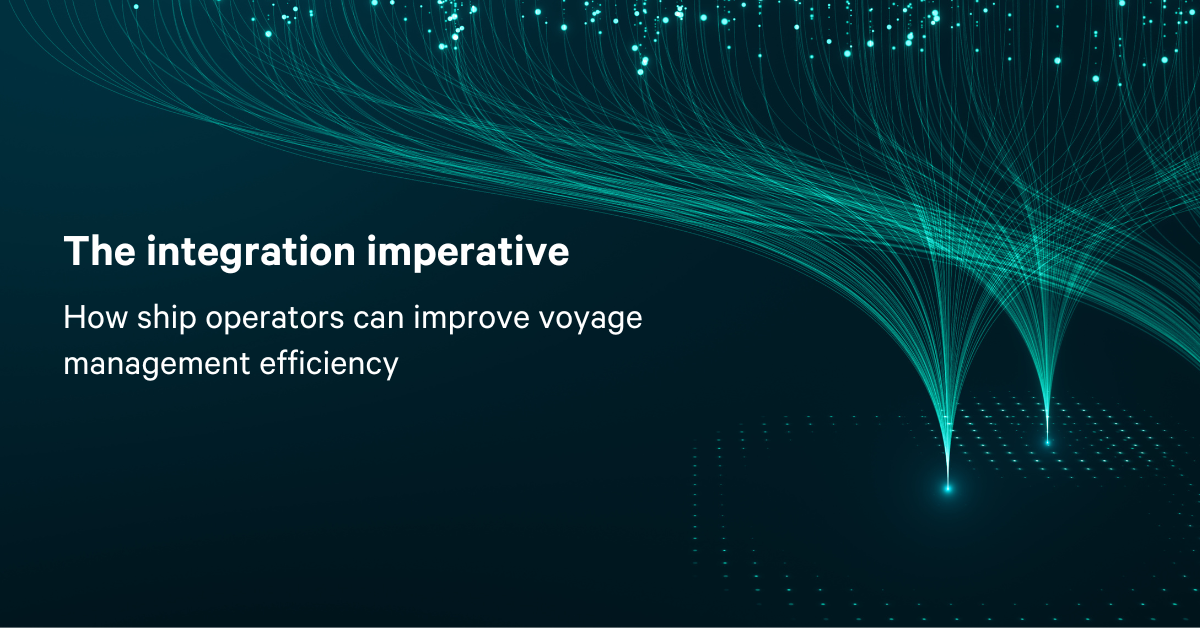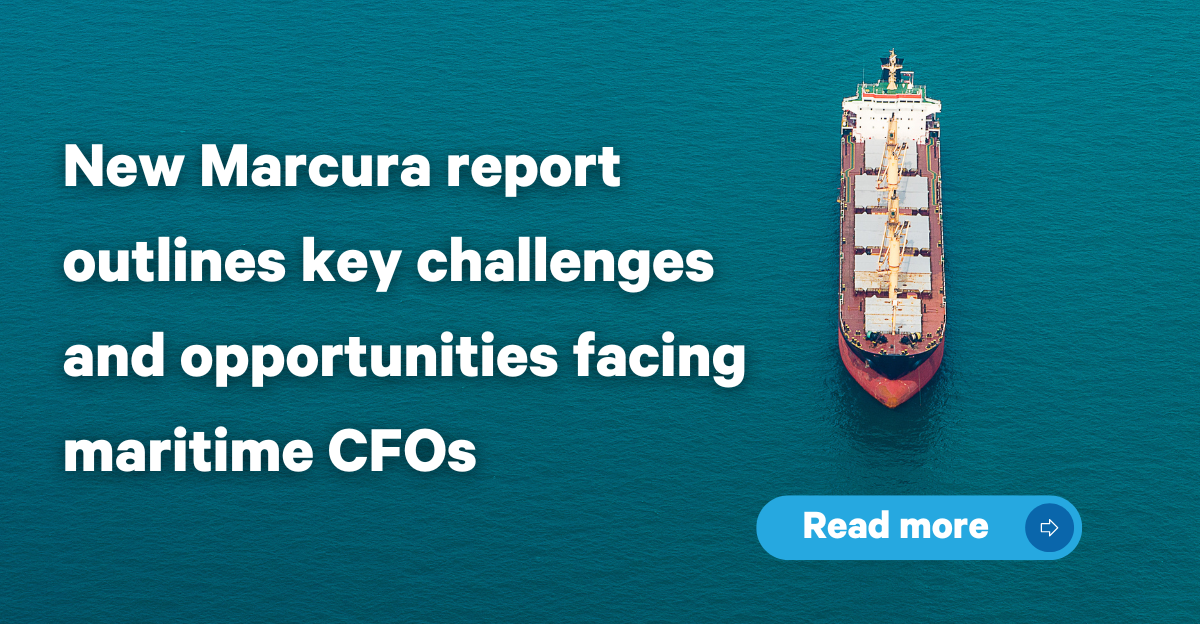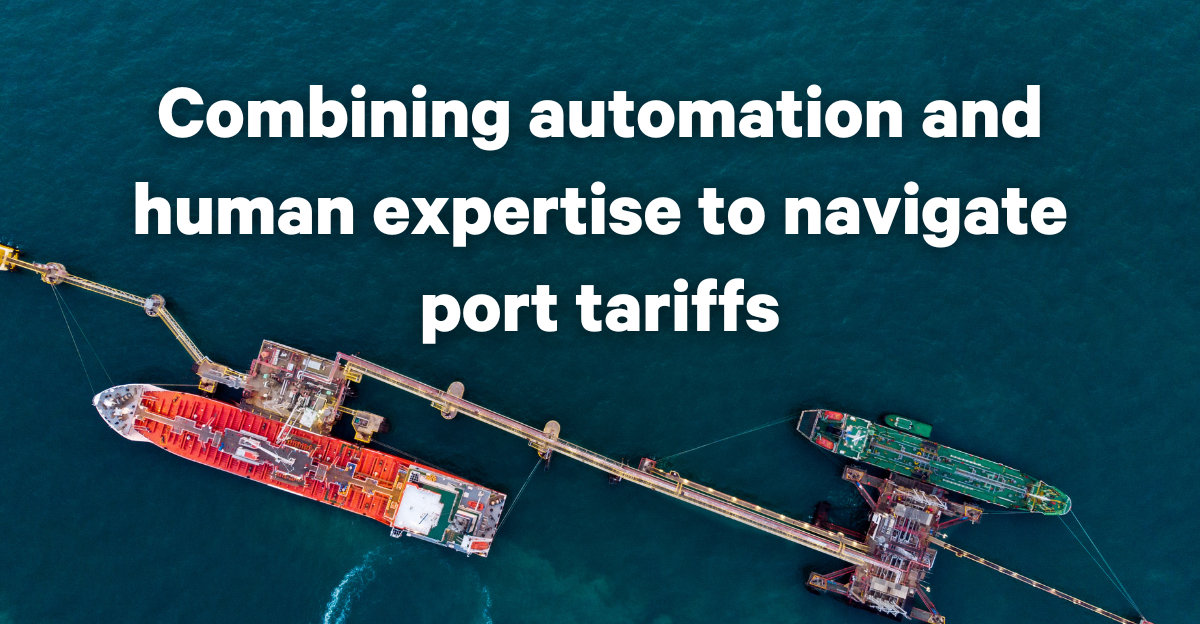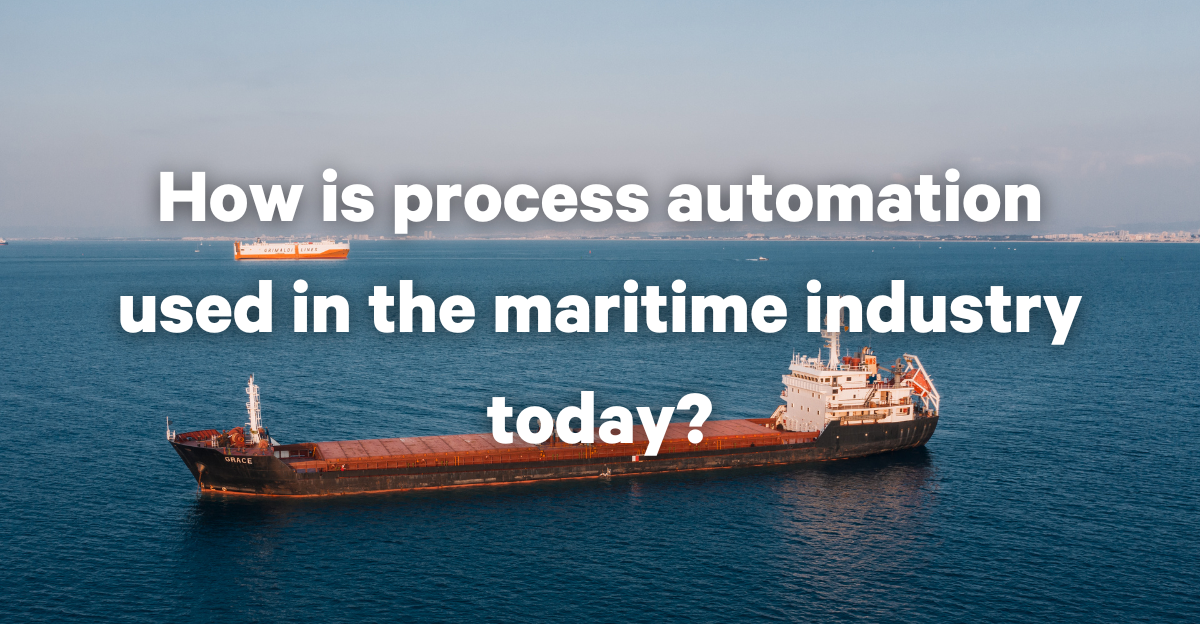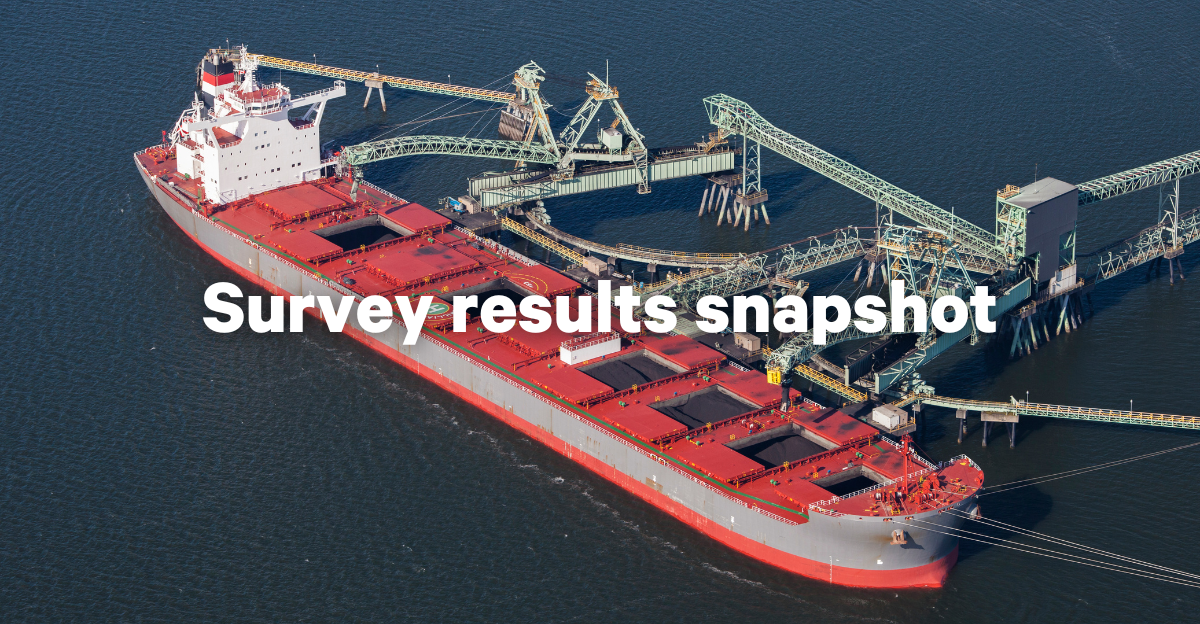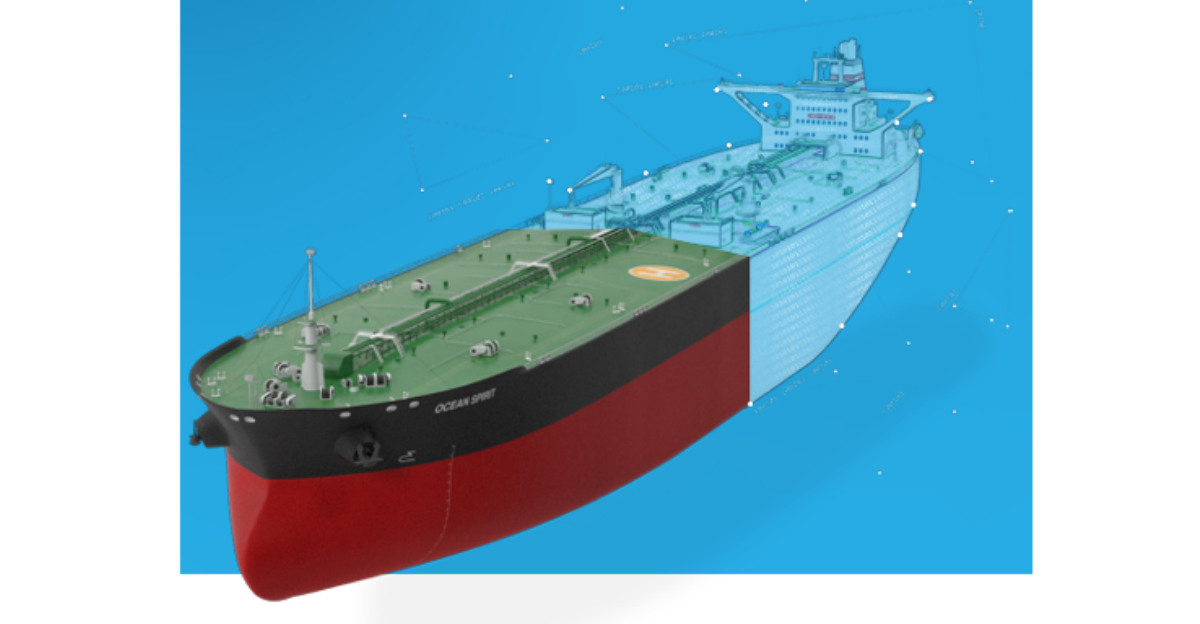 Mark Franklin, VP Commercial
Mark Franklin, VP Commercial
Key considerations for success
The maritime industry has embraced upsourcing for a long time, entrusting the management of their vessels to specialised third-party ship management companies.
When considering upsourcing, various factors come into play, such as enhancing profit margins by reducing labour and operational costs, improving quality, accessing specialised knowledge, and availing discounts on port services.
It is essential to select a service provider that not only meets these requirements but also adds value to the process. However, when faced with multiple service providers offering what looks like similar services, it becomes crucial to differentiate between the good and the bad. To ensure continuous adherence to the highest possible standards, it is necessary to thoroughly investigate and comprehend potential service providers’ overall standards and offerings.
Key upsourcing considerations
Shipping companies prioritise the safety of their vessels by conducting thorough ship vetting. Similarly, when considering upsourcing, businesses should carefully evaluate whether the upsourcing provider has the necessary expertise and standards to handle the function and deliver high-quality results effectively.
Data security and compliance
Data security and regulatory compliance have become extremely important for all companies, especially when sending cross-border payments. Companies should have the Statement of Standards for Attestation Engagements 16 (SSAE 16) as a minimum. SSAE 16 is crucial because it enhances confidence by ensuring service organisations have implemented controls and safeguards. It provides third-party validation through independent audits, mitigates risks by addressing deficiencies, and aids regulatory compliance.
By adhering to SSAE 16 standards, service organisations can identify and address control deficiencies, vulnerabilities, and risks in their processes. This helps mitigate the risk of errors, fraud, data breaches, and other security incidents, providing greater protection for sensitive client information.
Exchange rates
Payment service providers can claim to offer exchange rates that look fantastic. Still, it is crucial to conduct proper benchmarking and ensure that the rates are guaranteed at a specific level, aligned with the recognised market standards. Additionally, it is essential to understand the controls and procedures in place for urgent payments or if a payment needs to be recalled, as these can potentially incur additional costs.
Fraud
In this era of heightened fraud risks, it is crucial to prioritise pre-emptive compliance checks to mitigate the potential for fraudulent activities. While compliance measures can incur costs, it is essential to understand the extent of checks conducted on your behalf to ensure comprehensive risk mitigation. Apart from standard sanctions lists, verifying the names, cargoes, and ownership details of the companies you trade with is essential. This thorough due diligence helps ensure you conduct business with reputable and legitimate entities, minimising the risk of fraudulent transactions and associated financial losses.
By implementing robust compliance checks, including thorough verification processes, you can protect your business from fraudulent activities and maintain the integrity of your trade relationships.
System security
System security is a vital aspect of any enterprise. To ensure adequate protection, it is crucial to verify that the service provider has physical and logical security infrastructure, adhering to international security standards such as ISO. Understanding how your systems and data will be safeguarded and confirming that the approach aligns with or surpasses your internal standards is important. In terms of critical applications, it is advisable to have system replication in at least one alternate location, preferably in a different region.
Additionally, for physical office locations, check if services can be delivered from multiple sites and confirm the availability and currency of their Business Continuity Plan.
The organisation
Once the aforementioned aspects are established, it is crucial to consider the individuals you will be engaging with. Who will manage your account, and what qualifications make them suitable for the role? Ideally, they should possess a comprehensive understanding of your sector and a deep knowledge of the company and industry as a whole. Understanding the depth of resources available is essential to ensure continuity in the event of personnel changes, thereby safeguarding the ongoing relationship.
Lastly, is the organisation independent? Trust, credibility, and transparency are fostered by upholding independence, establishing a solid foundation for ethical and trustworthy conduct and avoiding conflicts of interest.
There’s a lot to consider. You want more than a mere distant supplier; you seek a partner who goes beyond transactional exchanges. A true partnership entails a deeper level of engagement and collaboration, where the supplier understands your unique needs, aligns with your goals, and actively contributes to your success.
If you’d like to read more, make sure you check out our recent post on the best questions to ask when you choose a disbursement accounting automation partner.

Download our latest research report “Avoiding the Digital Divide”.

